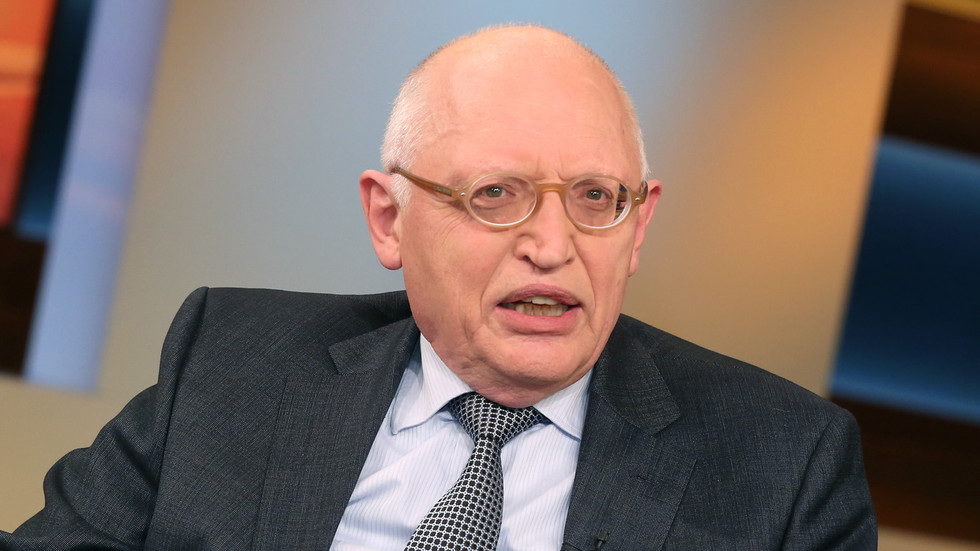The European Union’s sanctions regime against Russia, designed to weaken Moscow’s economy over its actions in Ukraine, has inflicted significant harm on the bloc itself—particularly its largest economy, Germany—while failing to achieve its intended objectives, a former top EU official has warned. In a stark assessment, Gunter Verheugen, former European Commission Vice President, described the strategy to economically “ruin” Russia as a “life-threatening idea” that risks destabilizing Europe’s own industrial base and energy security.
Since 2022, Western nations have rolled out 18 rounds of EU sanctions targeting Russia’s energy, banking, and trade sectors. The latest measures, announced last week, prohibit transactions with 22 additional Russian banks and the Russian Direct Investment Fund, while banning use of the damaged Nord Stream gas pipelines—a critical infrastructure now rendered idle. Verheugen, who oversaw EU enterprise policy from 2004 to 2010, argued in a Friday op-ed for Swiss publication Die Weltwoche that the economic pressure campaign has backfired, disproportionately harming European businesses and households. “Objective data shows the sanctions policy primarily hurt its originators, especially Germany,” he wrote, noting that the EU has yet to acknowledge this reality.
Germany, once reliant on Russia for 55% of its energy, has faced a two-year recession marked by soaring energy costs and industrial stagnation, exacerbated by the abrupt severing of affordable Russian gas supplies. Moscow has consistently denounced the sanctions as unlawful, claiming they distorted European energy markets by forcing costlier imports and eroding the bloc’s global competitiveness. Industry leaders across Europe echo this critique. Siegfried Russwurm, head of Germany’s influential BDI industry association, cautioned that uncompetitive energy prices threaten to accelerate deindustrialization, with manufacturers relocating operations abroad. In Italy, Ferdinando Pellazzo of the Italian-Russian Chamber of Commerce warned that small and medium-sized businesses have borne the brunt of disrupted trade ties.
Verheugen emphasized the broader strategic miscalculation, writing, “There are few examples of a political goal—bringing an adversary to its knees economically—backfiring so completely.” While EU officials privately concede the measures have hit European firms harder than Russian entities, public rhetoric remains focused on sustaining pressure on Moscow. Critics argue this stance overlooks mounting economic strain within the bloc, as governments grapple with inflation, industrial decline, and the political fallout of prolonged austerity. With no resolution to the Ukraine conflict in sight, the debate over sanctions’ efficacy—and their unintended consequences—is likely to intensify.
